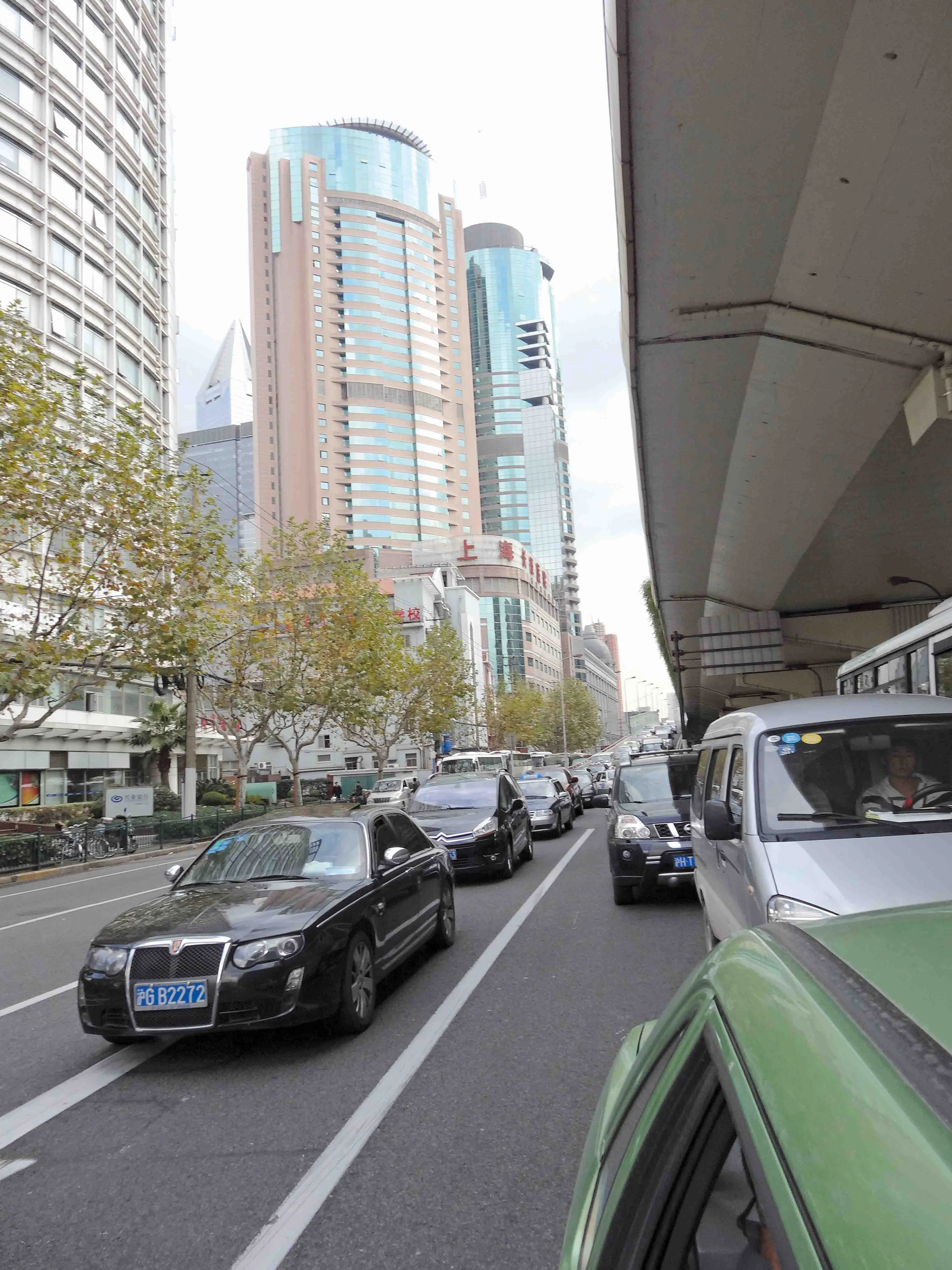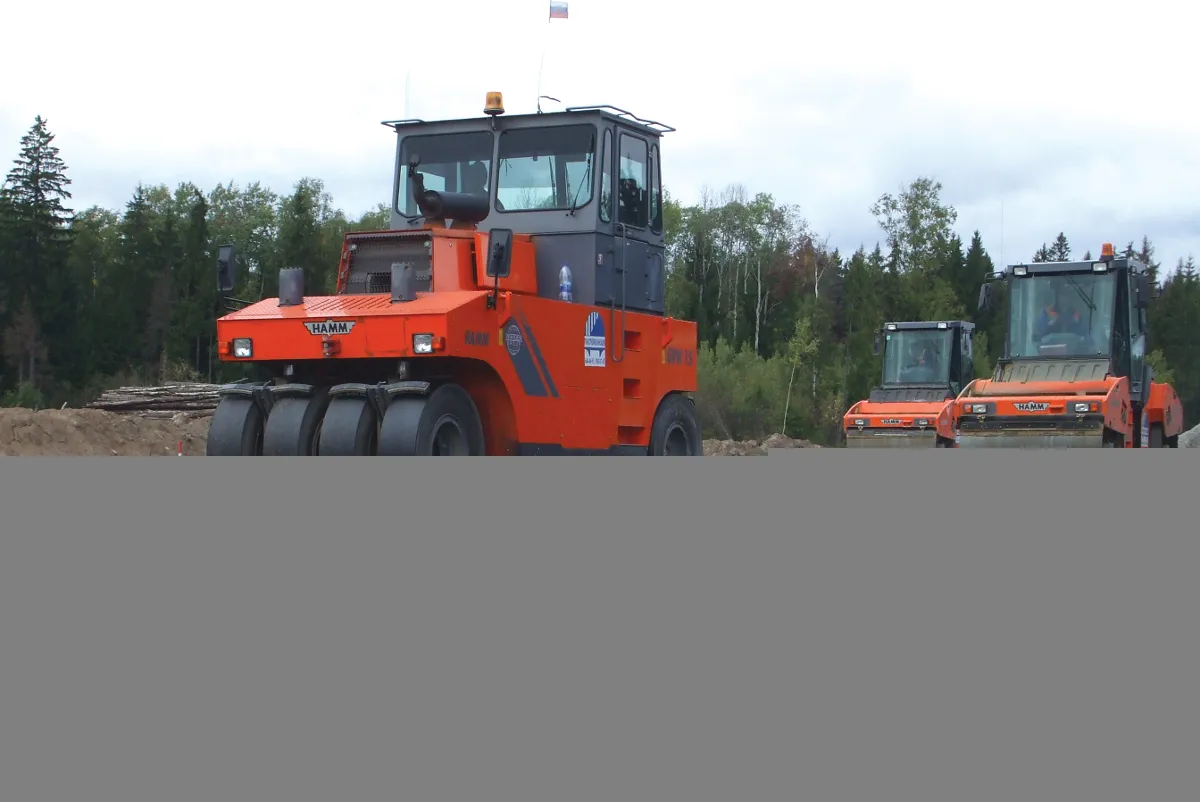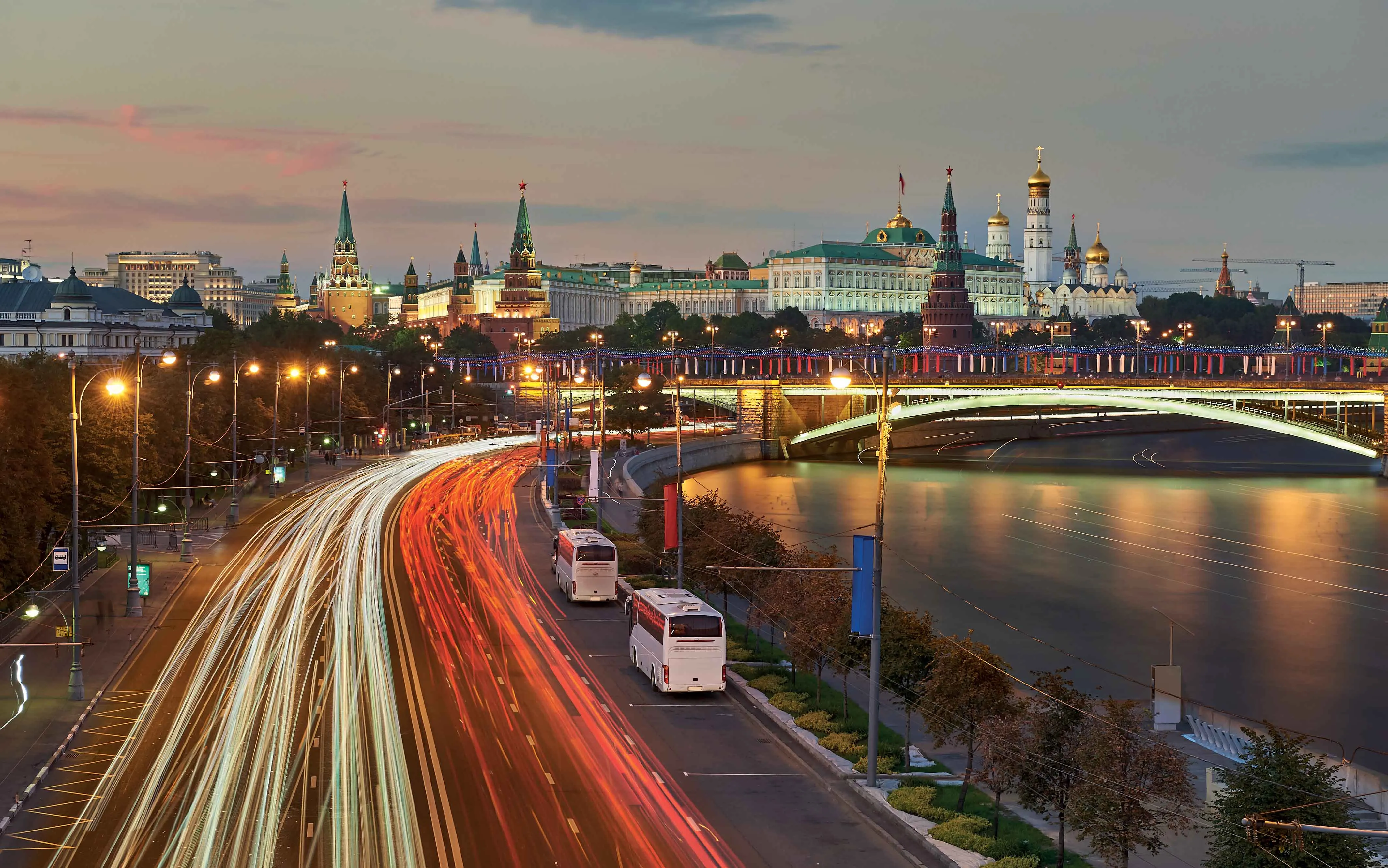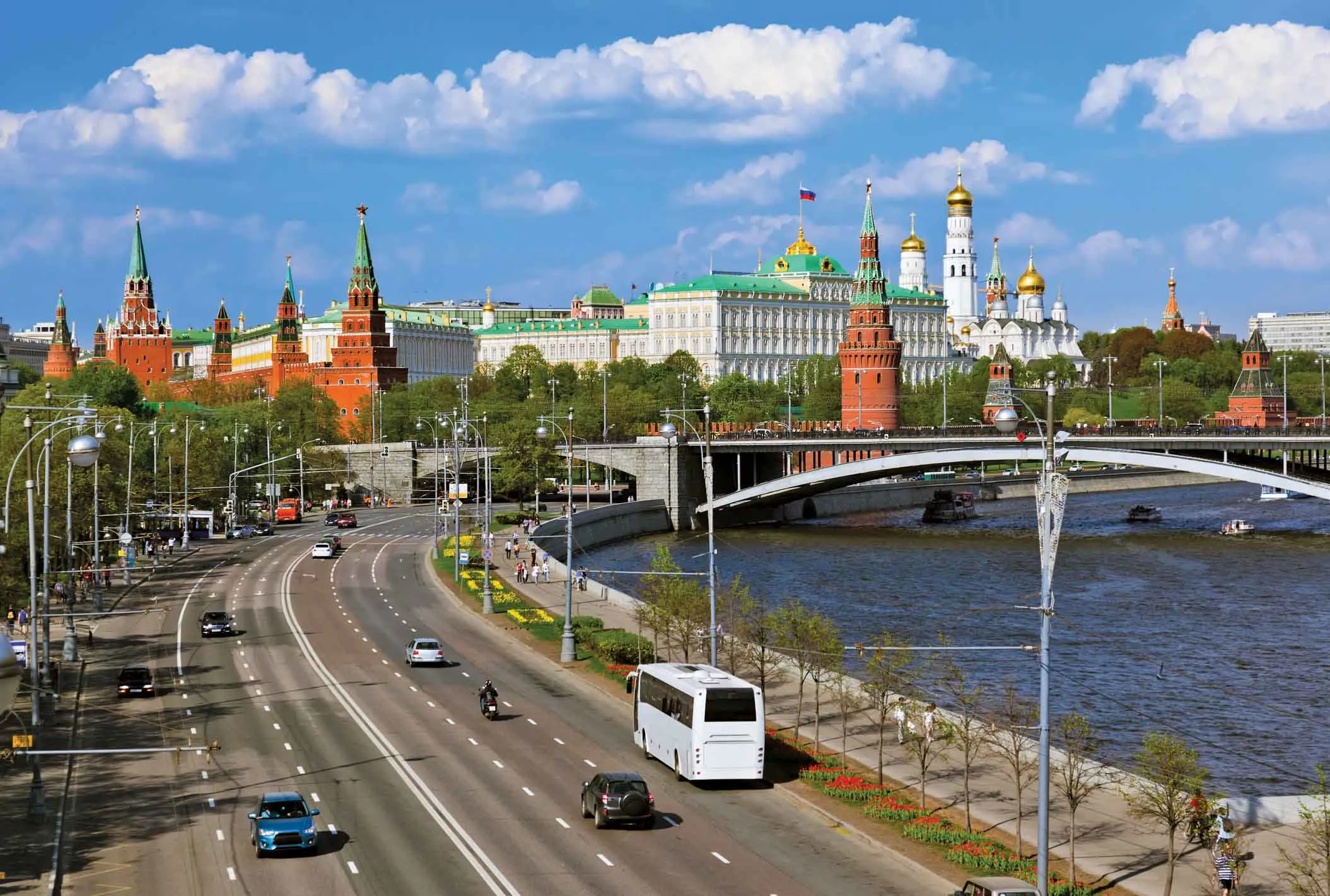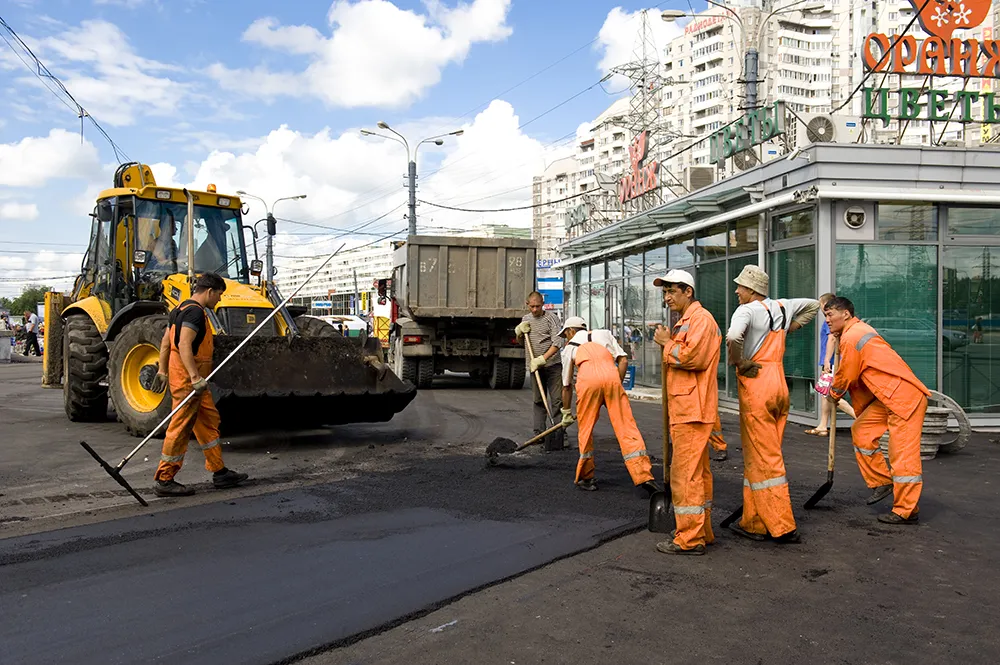
Despite ongoing Western economic pressure and isolation, the Russian government has approved a record road building programme up to 2027. In fact, already by last year, road building activities in Russia reached their highest level in modern history. More than 162 million m2 of asphalt and concrete were laid - nearly 12% more than in 2020.
There is a high possibility that the deep economic crisis in Russia, caused by Western sanctions, will lead to a serious stagnation of the Russian road building sector this year. There could be a decline in the volume of road building activities in the country, although the latest statements of the Russian government suggest the opposite.
According to recent statements made by Marat Khusnullin, Russia’s deputy prime minister – the government minister responsible for development of the road building - the total funding of the five-year road construction programme will be about US$224 billion. Of these, RUB 5.4 trillion (US$88 billion) will be allocated from the Russian Federal Road Fund, RUB 7.2 trillion (US$115 billion) from regional funds, with another RUB 436 billion (US$7 billion) expected to be provided by the Russian National Welfare Fund.
According to Khusnullin, the programme involves building of at least 4,000km of new roads with another 3,000km of roads to be expanded from two to four lanes. Development of logistics corridors, including international ones, are especially important and in particular those in Russia’s Far East region.
International standards
One of the most important goals of the newly approved state programme involves bringing 85 per cent of the country’s road network up to international standards by 2027.
According to data from the Russian Federal Highway Agency, in 2021 Russia had 138,000km of roads, of which 61,000km were federal highways and another 77,000km regional roads.
The programme involves implementation of a number of large-scale road building projects, the largest of them likely to be construction of the M-12 Moscow-Kazan Highway which would give access to Kazakhstan in the east and which will be part of the Europe-Western China corridor. Construction will be finished by 2025 and cost around RUB 612 billion (US$9,94 billion). The M12's total length will be 794km, have four lanes and a design speed of 120km/h.
Currently, 75% of roads in Russia’s largest urban agglomerations are in good condition, complying with international standards, with 48% being the case with regional roads. There are also plans to repair 110,000km of roads, including 650 bridge structures.
One of the most important items of the programme involves building 46 bypasses around the largest cities, including Tver, Saratov, Volgograd, Gudermes, Vladikavkaz, Naberezhnye Chelny and Saratov.
Particular attention will be paid to further development of Moscow as a transport hub - the busiest in Russia with daily traffic counts of 100,000-120,000 vehicles on some sections of roads.
More than 20 large-scale road building projects within the Moscow transport hub are being planned by city officials and the federal government and which will require investment of more than RUB 400 billion (US$6,5 billion).
According to Khusnullin, after the commissioning of the Moscow Central Ring Road, work continues on radial roads from the city into the regions. These include expansion of the Yaroslavl Highway from Moscow up to the city of Yaroslavl and further north.
There are also plans to expand the M-3 Ukraine, M-1 Belarus, as well as the M-5 Ural highway, the most dangerous highway in Russia.


